'Offensive' books that have been rewritten
From "Charlie and the Chocolate Factory" to "James Bond"

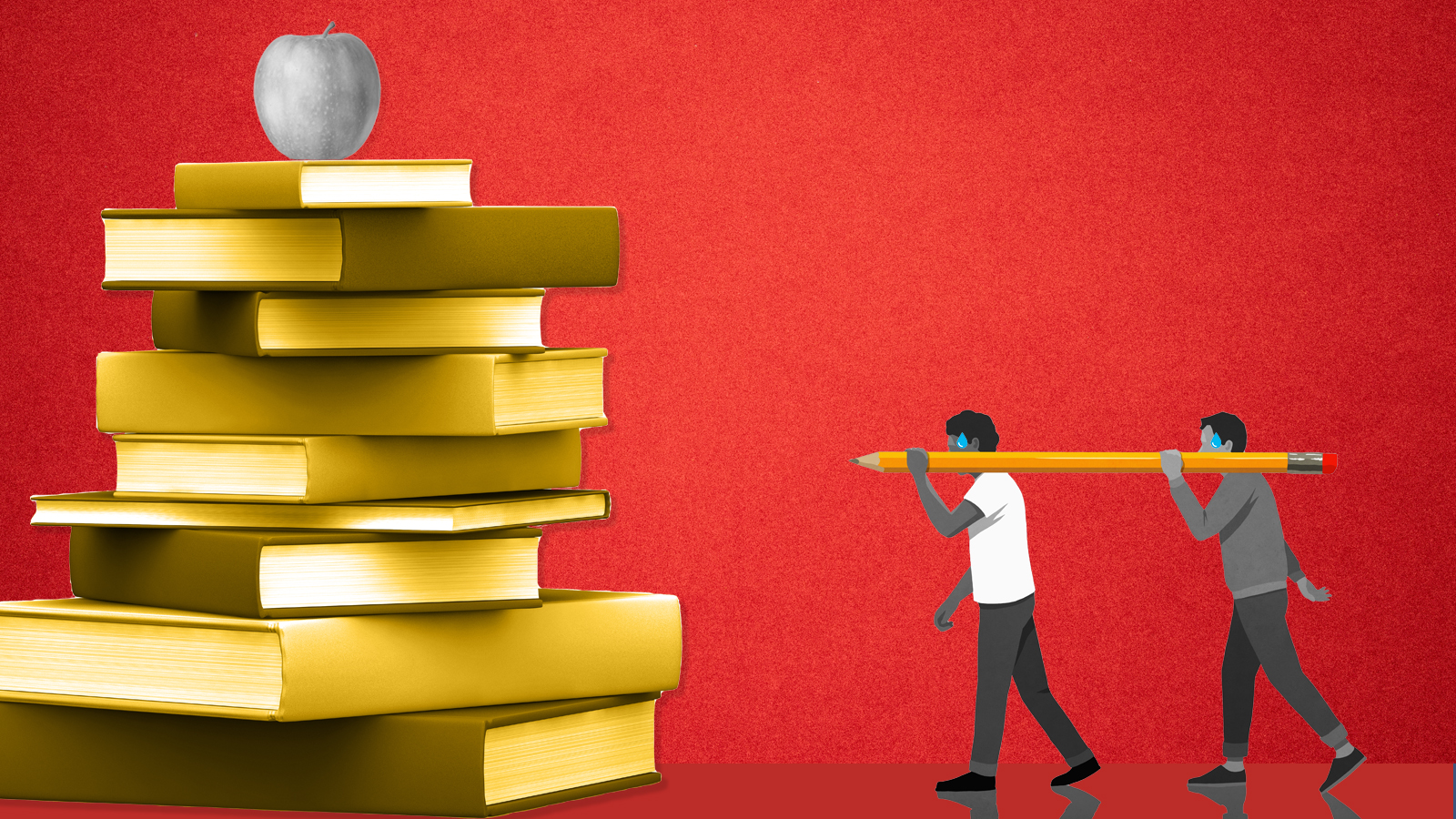
Editing previously published books to remove content some might deem offensive is not new. In fact, there's a word for retroactively removing sensitive content: "bowdlerization," named after Thomas Bowlder, an English editor who published expurgated versions of Shakespeare's work. While the book's frontispiece says, "nothing is added to the original text; but those words and expressions omitted which cannot with propriety be read aloud in a family," Bowlder still faced backlash for what some considered censorship that tainted the classic literature.
Modern publishers often enlist sensitivity readers' to help to screen literature for potentially offensive material, especially for children's books. While some argue that the practice is a form of extreme censorship, others say it promotes diversity in publishing. Though it's more common for publishers to use sensitivity readers for future work, some have utilized their services to help identify published books that might need edits.
Here are some examples of books that have been rewritten under the guise of removing content unsuitable for readers.
The Week
Escape your echo chamber. Get the facts behind the news, plus analysis from multiple perspectives.

Sign up for The Week's Free Newsletters
From our morning news briefing to a weekly Good News Newsletter, get the best of The Week delivered directly to your inbox.
From our morning news briefing to a weekly Good News Newsletter, get the best of The Week delivered directly to your inbox.
1. 'Charlie and The Chocolate Factory,' 'The Witches,' and other works by Roald Dahl
Recently publisher Puffin Books, a division of Penguin Random House, kicked up a storm of censorship accusations after announcing it would be making hundreds of changes to a collection of children's books by author Roald Dahl. The Roald Dahl Story Company, which owns the rights to Dahl's collection, told The Associated Press that it worked with Puffin Books to review and edit the books language to ensure "Dahl's wonderful stories and characters continue to be enjoyed by all children today."
After reviewing Charlie and the Chocolate Factory, editors altered the description of Augustus Gloop to "enormous" instead of "enormously fat." In the new edition of Witches, a supernatural female posing as an ordinary woman may be working as a "top scientist or running a business" instead of as a "cashier in a supermarket or typing letters for a businessman." News of the changes sparked criticism from free speech advocates, some politicians, and notable authors like Salman Rushdie. "Roald Dahl was no angel but this is absurd censorship," Rushdie wrote on Twitter. "Puffin Books and the Dahl estate should be ashamed."
In response to the backlash, Penguin Random House announced it would publish unexpurgated copies of 17 of Dahl's books as The Roald Dahl Classic Collection. Karen Sands-O'Connor, a professor of children's literature at Newcastle University, told Time that Dahl himself edited out potentially offensive material in his books during his lifetime. "Admittedly, under pressure from his publisher," Sands-O'Connor said, Dahl changed the origin of the Oompa Loompas in the 1964 edition of Charlie and the Chocolate Factory from an African Pygmy tribe to the fictional Loompaland.
2. The James Bond series by Ian Fleming
Amid the debate over Dahl's collection, The Telegraph reported that Ian Fleming's series of spy novels would be reissued — sans some racial references — in time for the 70th anniversary of Casino Royale, the first book in the series.
A free daily email with the biggest news stories of the day – and the best features from TheWeek.com
Ian Fleming Publications Ltd, the company that owns the literary rights to the 007 series, hired sensitivity readers to review the classic books ahead of the reissue. The Telegraph said the new versions would feature a disclaimer: "This book was written at a time when terms and attitudes which might be considered offensive by modern readers were commonplace. A number of updates have been made in this edition while keeping as close as possible to the original text and the period in which it is set."
"Racial slurs toward Black people will be removed, but depictions of other ethnic minorities, such as a Korean character called Oddjob in Goldfinger, the seventh book, will remain," Time wrote. In one passage, Bond's assertion that alleged African criminals are "pretty law-abiding chaps I should have thought, except when they've drunk too much," has been shortened to "pretty law-abiding chaps I should have thought." The revised novels have also removed racial slurs referencing Black people and changed them to "black person" or "black man."
Some critics point out that sexist and homophobic language passed the review. Australian author Clementine Ford said the selective edits are deliberate and wonders "why sexism and the dehumanization of women is not considered anathema to Bond's appeal, but central to it," Time reported.
3. The Doctor Doolittle series by Hugh Lofting
Hugh Lofting wrote and illustrated The Story of Doctor Dolittle in 1920. The story spawned 13 sequels, including two published posthumously. "In the rankings of children's literature, its popularity was for many years topped only by Alice's Adventures in Wonderland," per the Massachusetts Institute of Technology library. In the 1960s and '70s, editions of the book began to appear "with derogatory language and plot elements revised or removed entirely," MIT writes. In 1986 an edition of the book published in honor of the late author's 100th birthday was heavily censored at the request of the author's son, Christopher Lofting.
After reviewing the work, Christopher Lofting concluded some of the texts featured "certain incidents depicted that, in light of today's sensitivities, were considered by some to be disrespectful to ethnic minorities and, therefore, perhaps inappropriate for today's young reader," he wrote in the afterword of the 1986 reprinting.
"Hugh Lofting would have been appalled at the suggestion that any part of his work could give offense and would have been the first to have made the changes himself," the younger Lofting explained. "In any case, the alterations are minor enough not to interfere with the style and spirit of the original."
4. 'The Adventures of Huckleberry Finn' by Mark Twain
Mark Twain's The Adventures of Huckleberry Finn has long been one of the most controversial entries in the literary canon. While the book is considered by many to be a classic work of American literature, others think the abundance of racially insensitive language makes it unsuitable for the modern reader. In 2011, Alan Gribben, a professor of English at Auburn University, published a new edition of Twain's novel, which replaced all 219 uses of the word "n----r" with "slave." Gribben said he made the changes to encourage instructors who would otherwise avoid the book to reintroduce it in their curriculums.
"I'm by no means sanitizing Mark Twain," Gribben told The New York Times in 2011. "The sharp social critiques are in there. The humor is intact. I just had the idea to get us away from obsessing about this one word, and just let the stories stand alone."
"Haven't we learned by now that removing books from the curriculum just deprives children of exposure to classic works of literature?" asked Times literary critic Michiko Kakutani at the time. By removing the racial epithet, she added, teachers lost the chance to use "its contested language as an opportunity to explore the painful complexities of race relations in this country." Kakutani said Gribben's efforts to update the book ratified "the narcissistic contemporary belief that art should be inoffensive and accessible."
Theara Coleman has worked as a staff writer at The Week since September 2022. She frequently writes about technology, education, literature and general news. She was previously a contributing writer and assistant editor at Honeysuckle Magazine, where she covered racial politics and cannabis industry news.
-
 The battle over the Irish language in Northern Ireland
The battle over the Irish language in Northern IrelandUnder the Radar Popularity is soaring across Northern Ireland, but dual-language sign policies agitate division as unionists accuse nationalists of cultural erosion
-
 Villa Treville Positano: a glamorous sanctuary on the Amalfi Coast
Villa Treville Positano: a glamorous sanctuary on the Amalfi CoastThe Week Recommends Franco Zeffirelli’s former private estate is now one of Italy’s most exclusive hotels
-
 How roadkill is a surprising boon to scientific research
How roadkill is a surprising boon to scientific researchUnder the radar We can learn from animals without trapping and capturing them
-
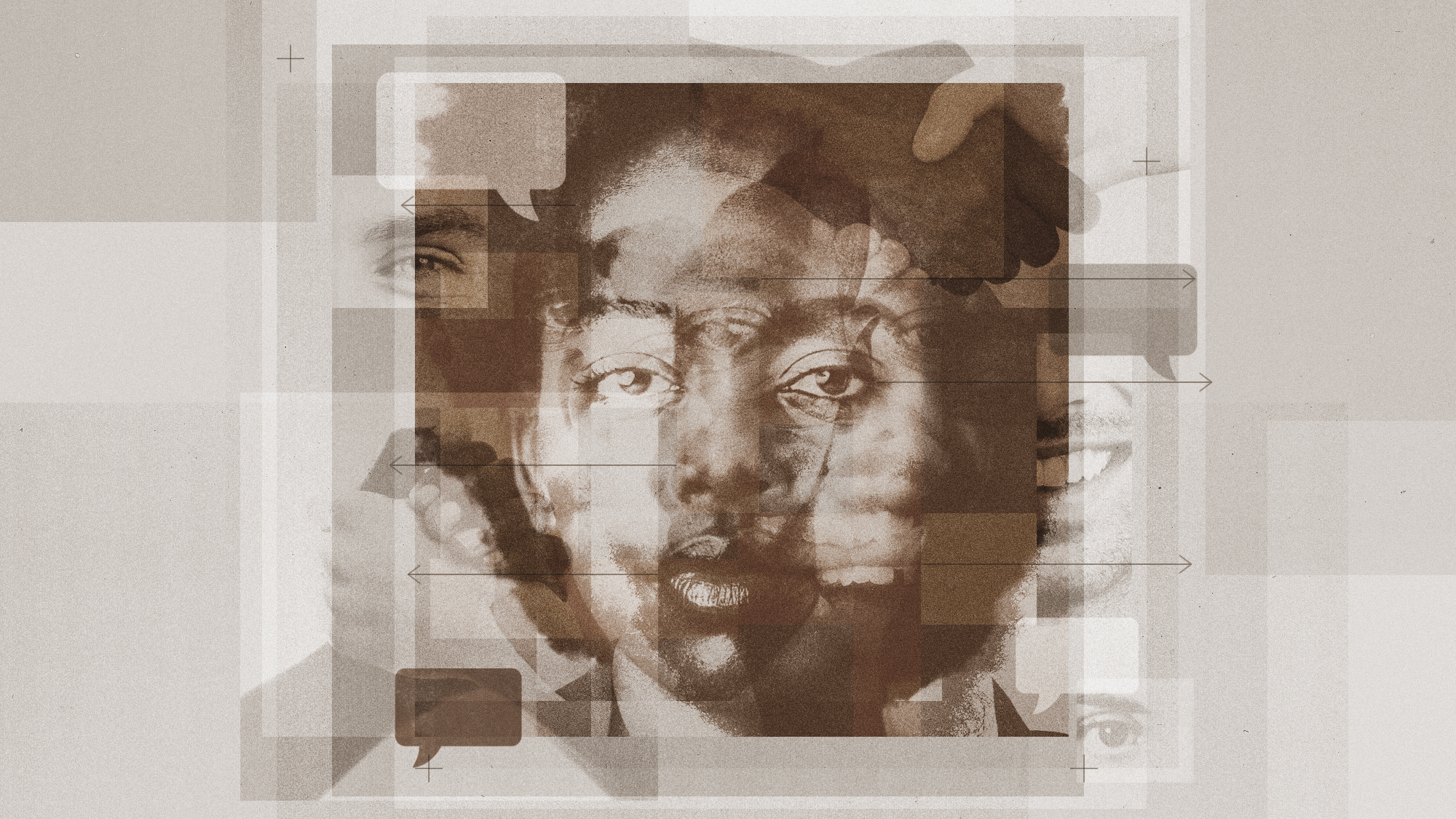 Code-switching: the origins, purpose and pitfalls
Code-switching: the origins, purpose and pitfallsThe Explainer Balancing your identity and respectability politics sometimes means taking on a different tone or behavior to fit in
-
 How the Grenfell tragedy changed the UK
How the Grenfell tragedy changed the UKfeature Six years on since the government vowed to ‘learn lessons’ has sufficient progress been made?
-
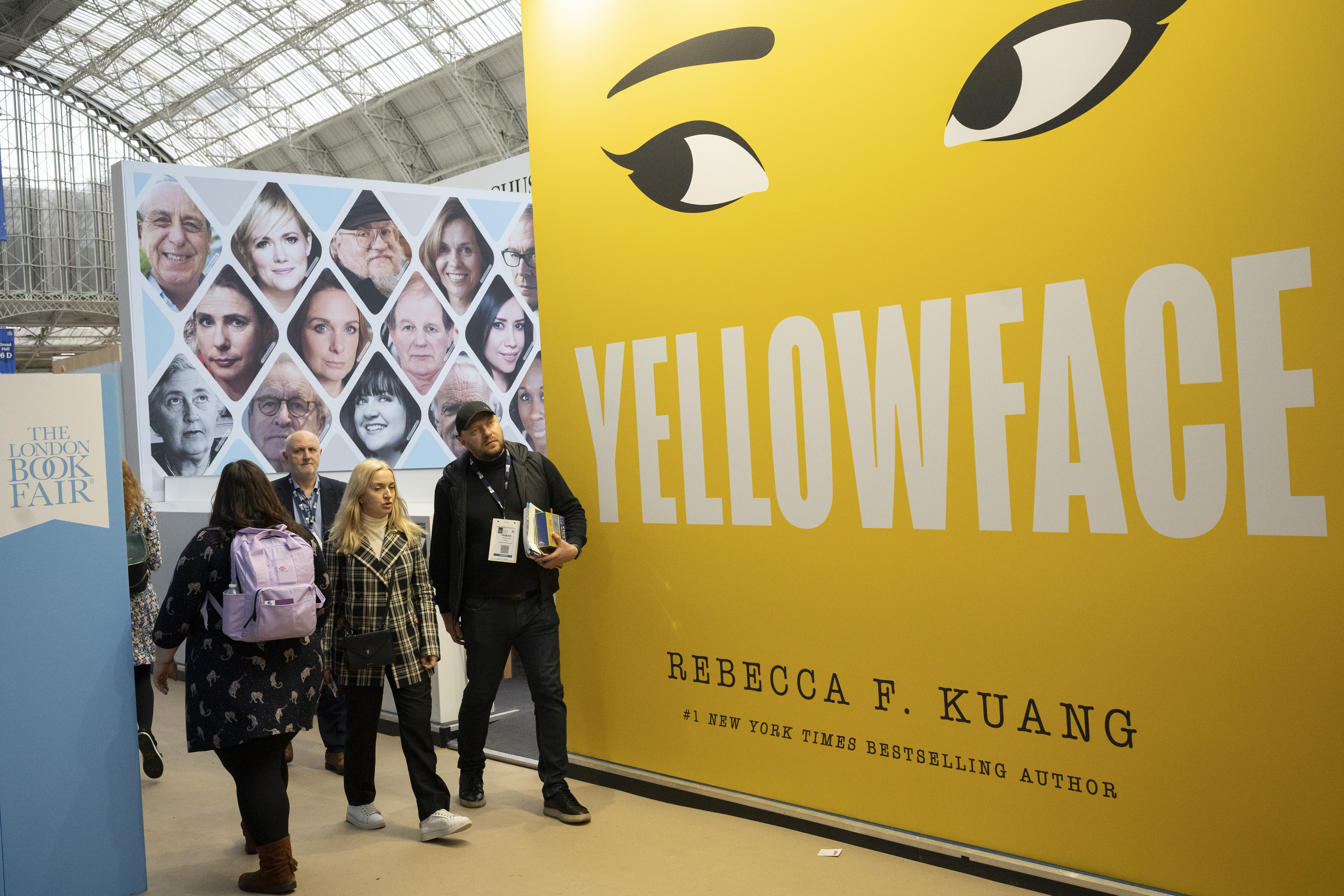 R.F. Kuang's 'Yellowface': a biting satire of the publishing industry
R.F. Kuang's 'Yellowface': a biting satire of the publishing industryThe Week Recommends The novel is an examination of cultural appropriation, racism and tokenism in the publishing industry
-
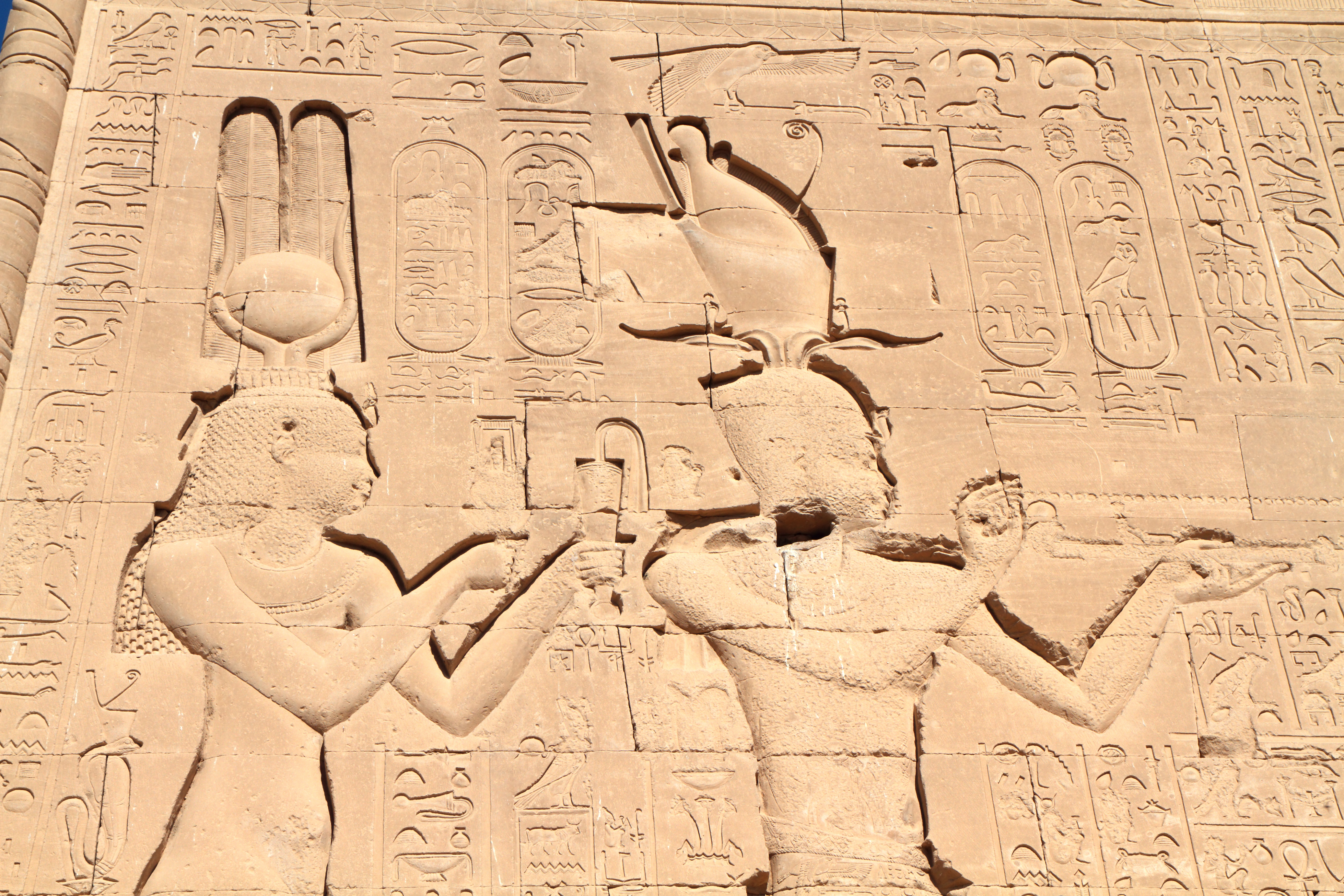 Netflix's Cleopatra controversy, explained
Netflix's Cleopatra controversy, explainedSpeed Read Egypt's government objects to a Black actress playing the part of the Egyptian queen
-
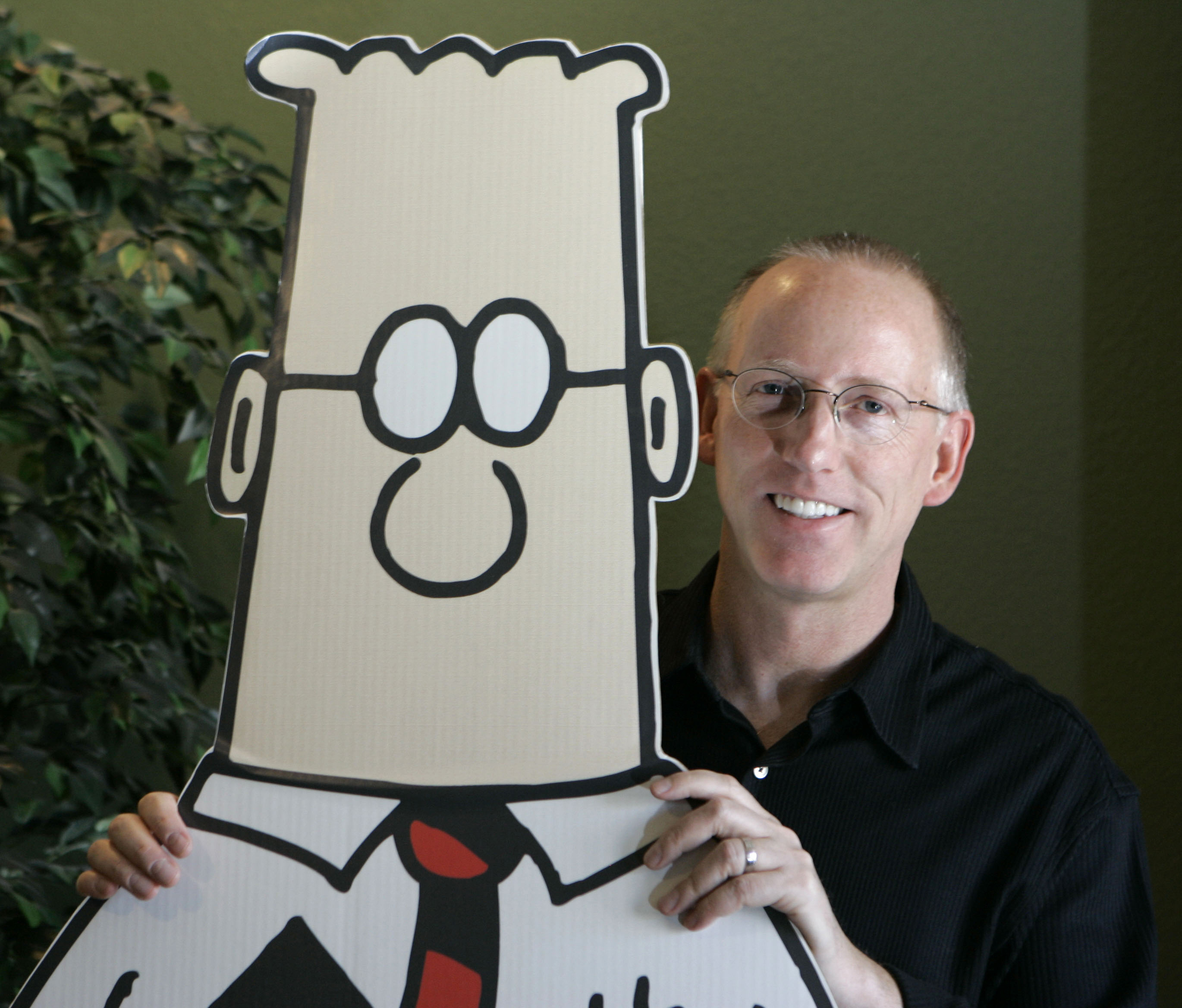 Elon Musk laments that Scott Adams' Dilbert is 'legit funny and insightful.' Cartoonists disagree.
Elon Musk laments that Scott Adams' Dilbert is 'legit funny and insightful.' Cartoonists disagree.Speed Read
-
 The controversy around Splash Mountain
The controversy around Splash MountainSpeed Read Why the iconic theme park ride is being entirely reimagined for a new era
-
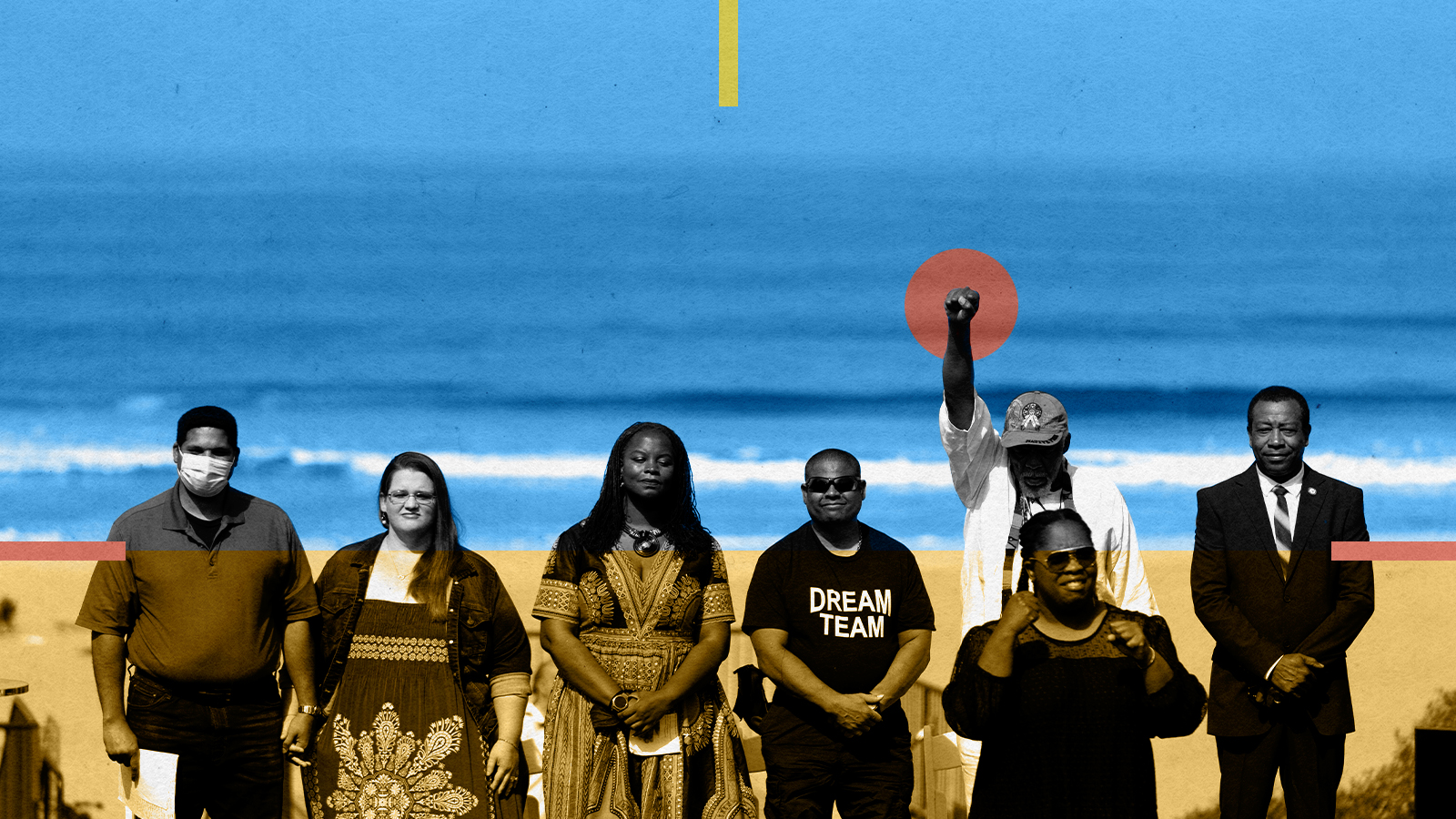 The story behind Bruce's Beach
The story behind Bruce's BeachSpeed Read The Bruce family fought for years to get their beach back from Los Angeles County. Now they want to sell it.
-
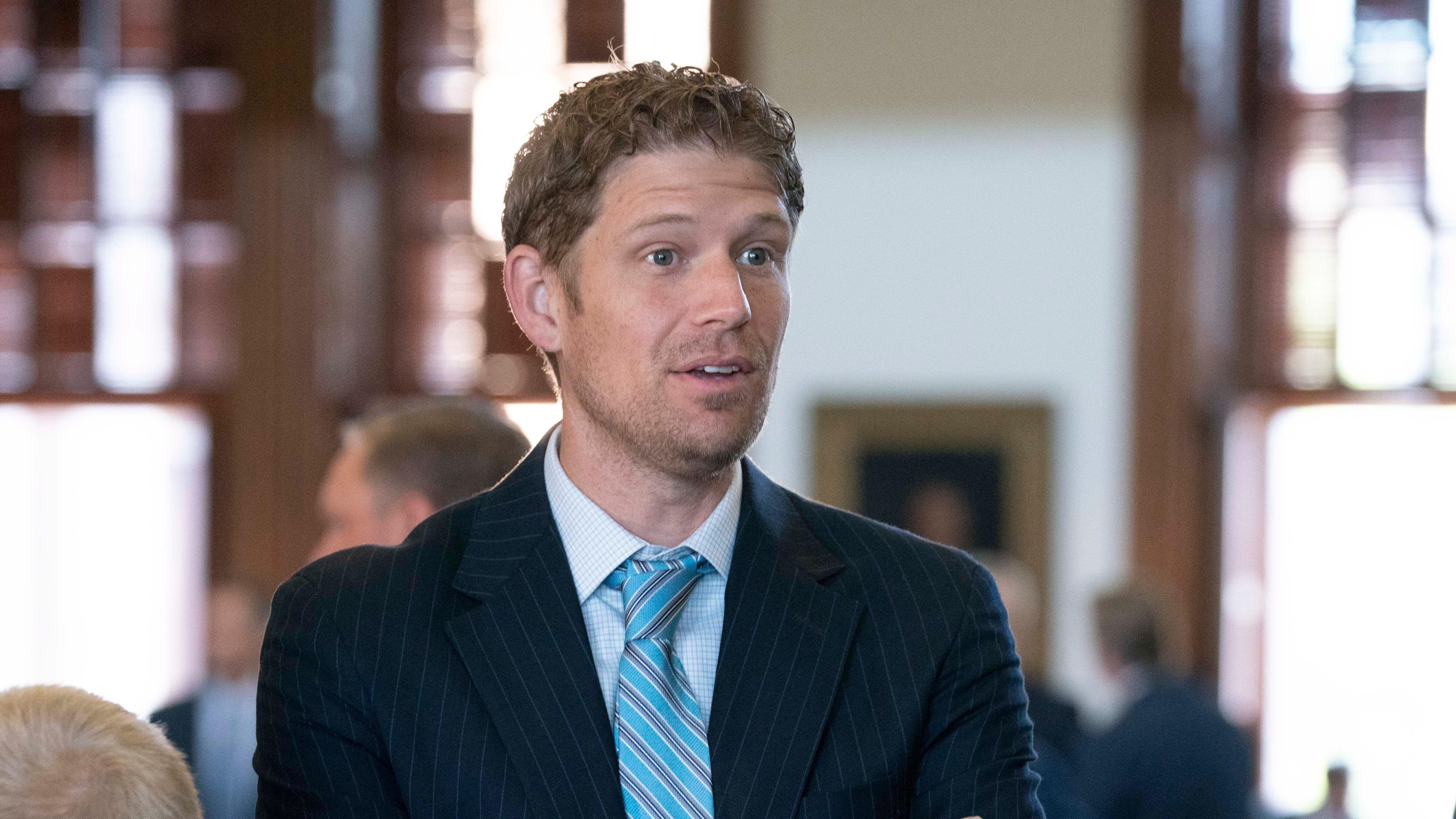 US culture war: why book bans are back
US culture war: why book bans are backfeature Hundreds of titles targeted in school libraries stand-off between ‘traditionalists’ and ‘left-wing’ rivals
